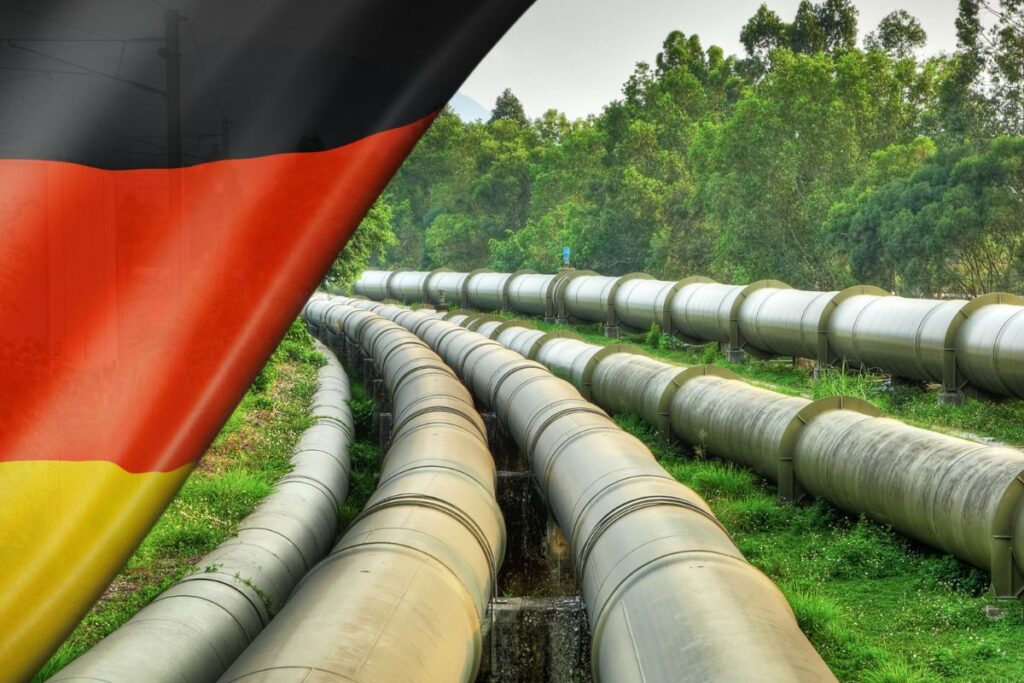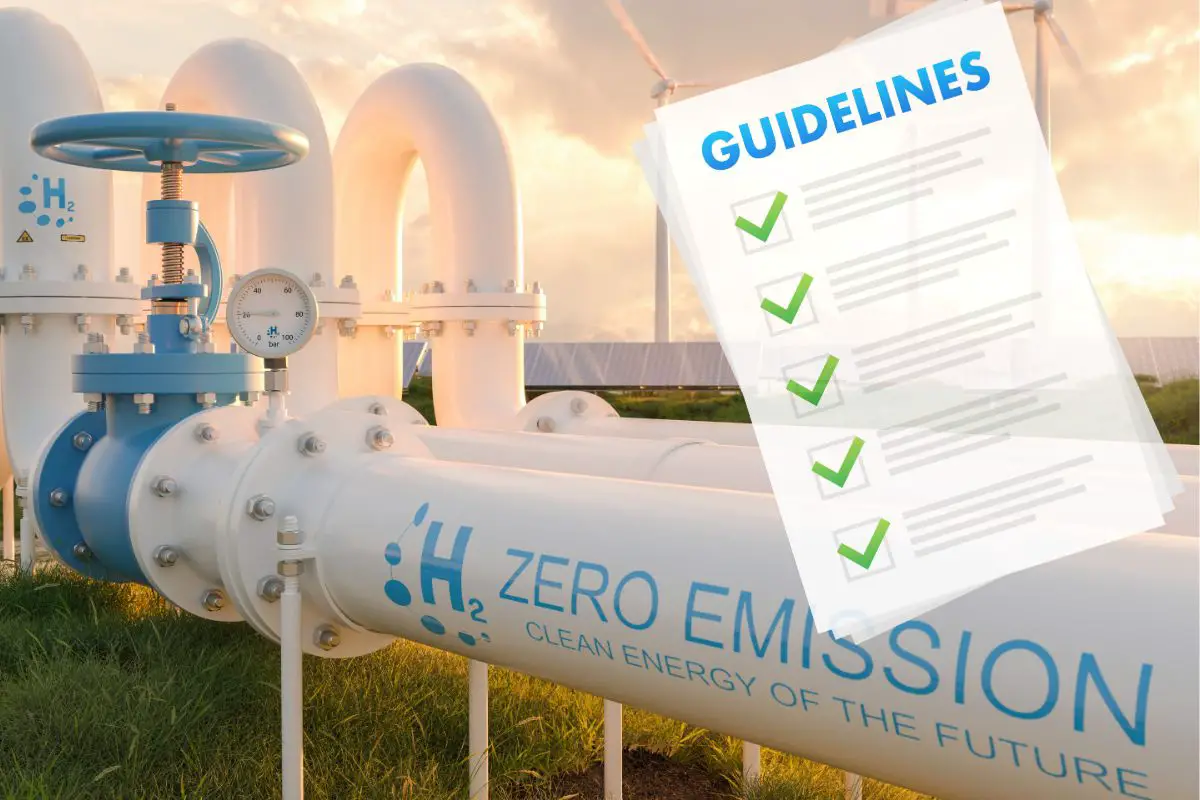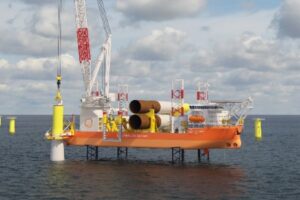Germany plans to develop a hydrogen fuel network that will span 6,000 miles

The effort is meant to help the country to reach its goal to become climate neutral in 2045.
FNB Gas chairperson Thomas Goessmann recently announced that the hydrogen fuel network in Germany will be more than 6,000 miles (9,700 kilometers) long and will come with a price tag of around $21 billion (€20 billion).
The core H2 network is slated to be completed by 2032, according to the recent announcement.
The privately funded hydrogen fuel network is meant to be central to Germany’s efforts to decarbonize. FNB Gas, a German transmission system operator, will use existing natural gas pipelines to comprise as much as 60 percent of the H2 network. Goessmann shared this news while presenting with Economy Minister Robert Habeck at a news conference.
The country is working on broadening its use as H2 in coming years in order to slash its CO2 emissions in sectors that are among the heaviest polluters that are the most difficult to mitigate, such as chemicals and steel. At the same time, the goal is to reduce imported fossil fuel dependency.
Last summer, a new hydrogen fuel strategy received the green light from the German government.
The country’s strategy established guidelines for the production of H2, as well as for its transportation and storage, as well as its market plans.

That transportation network will reach all the country’s states and construction will begin in 2024, according to Goessmann.
“We all know that we have no time to lose and that the first hydrogen must flow as early as 2025 … The excavators have to roll next year,” said the chairperson.
By the close of the decade, the network’s size will be about three times the expected demand for hydrogen fuel in 2030, about 100 terawatt hours, which is also about one tenth of the national gas consumption in the years before the energy crisis of 2022.
Connecting with neighbors
 The German H2 network will be at the heart of the European hydrogen fuel grid and will be connected with neighboring countries such as Spain, Norway and Denmark. Germany predicts that this will be important as about 70 percent of the country’s needs for that gas will be imported.
The German H2 network will be at the heart of the European hydrogen fuel grid and will be connected with neighboring countries such as Spain, Norway and Denmark. Germany predicts that this will be important as about 70 percent of the country’s needs for that gas will be imported.
Ready to test your knowledge on the most abundant element in the universe? Take our fun and engaging Hydrogen Quiz now!







